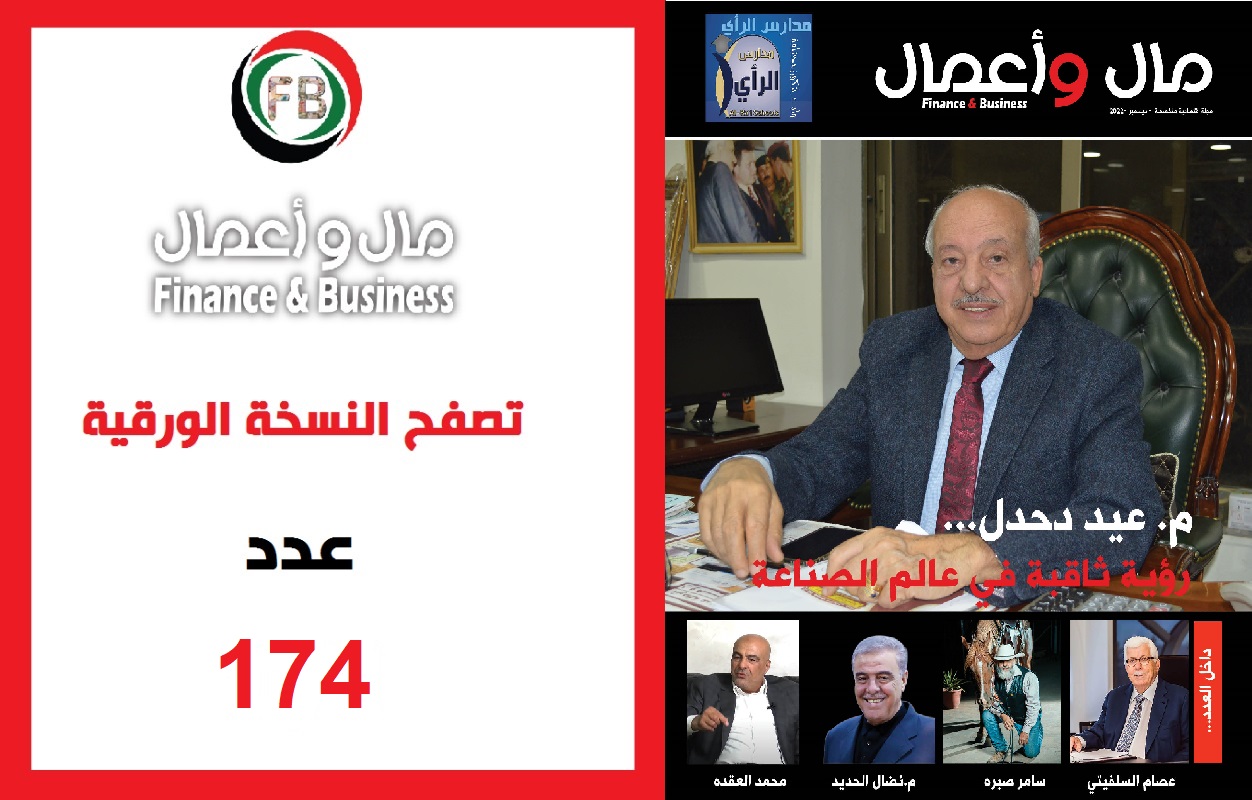
HE Saeed Mohammed Al Tayer, Vice Chairman of Dubai Supreme Council of Energy and MD & CEO of Dubai Electricity and Water Authority (DEWA), delivered the opening speech at the Eighth Desert Energy Leadership Summit, which is organised under the theme ‘Towards A Fully Emission Free Power Supply in Mena and Beyond’ on 13 – 14 November 2017, at the Grosvenor House hotel in Dubai. The Summit is organised by Dii, with support from Global Energy Interconnection Development and Cooperation Organization (GEIDCO), the Arab League, and EU-GCC Clean Energy Technology Network.
The 8th Summit brought together global experts from the public and private sectors, and regional and international leaders working in the renewable energy market in North Africa, Middle East, and Turkey. It reviewed the global trend towards zero-emission energy supply through sessions and workshops run by renewable-energy experts over two days.
“It is my pleasure to welcome you to the 8th Desert Energy Leadership Summit, organised today in the UAE under the theme ‘Towards a fully emission free power supply in MENA and beyond’ which reaffirms the determination of our wise leadership, represented by His Highness Sheikh Khalifa bin Zayed Al Nahyan, President of the UAE, and His Highness Sheikh Mohammed bin Rashid Al Maktoum, Vice President and Prime Minister of the UAE and Ruler of Dubai, to instil sustainable development. The Summit also supports the leadership’s vision to shape the future, and achieve the objectives of the UAE Centennial 2071 to secure a happy future and a better life for future generations, and make the UAE the best country in the world. To support our wise leadership vision, we have won many national and international awards and accolades. Recently, DEWA won the Global Excellence Award from the European Foundation for Quality Management (EFQM), as the first organisation outside Europe and the first to win as a first time applicant of this prestigious award. Through this pioneering achievement, DEWA is now in the platinum category, which is the highest international rank in the Global Excellence Index. The UAE, represented by Dubai Electricity and Water Authority (DEWA), obtained the first rank in the world in getting electricity, as per the World Bank’s Doing Business 2018 report. This extensive report uses multiple criteria to measure the ease of doing business in 190 countries around the world,” said Al Tayer.
“The UAE has taken careful measures to meet the challenges of the environment and climate change, using clean and renewable energy technologies, especially solar power, to balance economic growth and the sustainability of natural and environmental resources for future generations. The role of international co-operation in renewable energy should not be overlooked, since it supports the rapid deployment of large-scale renewable energy projects in the desert areas of the Middle East and North Africa, and their integration into connected energy systems, for further local and regional benefits. We must focus on practical issues to address the challenges that affect the implementation of renewable energy projects, and enable joint efforts to provide strategic guidance to support and improve the market. In Dubai, we have adopted a holistic vision for the energy sector, covering issues such as energy security, energy efficiency, sustainability and its rational use. This will contribute to achieving the objectives set out by the UAE Energy Strategy 2050, launched by His Highness Sheikh Mohammed bin Rashid Al Maktoum, to increase clean energy within the total energy mix to 50% by 2050. The Dubai Clean Energy Strategy 2050 aims to provide 7% of Dubai’s total power output from clean energy by 2020. This will increase to 25% by 2030, and to 75% by 2050. This will transform Dubai into an international hub for clean energy and green economy, becoming the city with the lowest carbon footprint in the world. Energy demand side management is one of the main challenges of the 21st century for the world community, and the high global demand for energy from electricity, water, oil, fossil fuels and others, highlights the urgent need to rationalise energy consumption, and use demand management to ensure environmental sustainability and reduce waste of resources. We strive to achieve the Demand Side Management Strategy to reduce energy and water demand by 30% by 2030, and the Carbon Abatement Strategy to reduce carbon emissions by 16% by 2021. DEWA’s necessary investments total AED 81 billion over the next five years, to meet growing demand for electricity and water in the Emirate. This provides significant investment opportunities, contributes to the growth of the green economy, and creates a competitive advantage in the UAE for clean energy and energy efficiency,” added Al Tayer.
“To achieve the objectives of these promising strategies, DEWA works according to an integrated system of plans to expand various projects and activities, through practical initiatives and procedures, to reach the highest levels of efficiency and reliability. The results of DEWA’s efforts were excellent, by all standards, and many processes of development and improvement have been introduced to the production and operational processes, to raise efficiency and reduce costs. One of DEWA’s major projects is the Mohammed bin Rashid Al Maktoum Solar Park, which is the largest single-site solar park in the world that uses the Independent Power Producer (IPP) model. It will produce 5,000 MW by 2030, at a total investment of AED 50 billion. When completed, the project will achieve a reduction of approximately 6.5 million tonnes of carbon emissions annually, contributing to sustainable development and the green economy, in Dubai. The 13MW photovoltaic first phase became operational in 2013. The 200MW photovoltaic second phase of the solar park was launched in March 2017. The 800MW photovoltaic third phase will be operational by 2020. As you know, His Highness Sheikh Mohammed bin Rashid Al Maktoum announced the 700MW AED14.2 billion fourth phase of the Solar Park. This is the largest single-site Concentrated Solar Power (CSP) project in the world, based on the IPP model. The project will have the world’s tallest solar tower, measuring 260 metres. The project will be commissioned in stages, starting from Q4 of 2020. The construction of the R&D Centre at the Mohammed bin Rashid Al Maktoum Solar Park will be completed by the end of this year. DEWA has dedicated AED 500 million to R&D until 2020. The Centre will focus on four key operations. These include producing electricity using solar power, integration of smart grids, energy efficiency, and water. In a pioneering attempt to use a mix of new power sources, DEWA achieved a milestone with the engineering studies for a hydroelectric power station that will make use of the water stored in the Hatta Dam. The project is the first of its kind in the Arabian Gulf countries, with a total pumped-storage capacity of 250MW,” noted Al Tayer.
“We have also started working on DEWA’s new headquarters, Al-Shera’a, which will be the tallest, largest, and smartest government Zero-Energy Building (ZEB) in the world. We have also made significant progress in our three smart initiatives, launched in 2014, in support of the Smart Dubai initiative, announced by HH Sheikh Mohammed bin Rashid Al Maktoum, to make Dubai the smartest and happiest city in the world. The Shams Dubai initiative, to encourage building-owners to install solar photovoltaic panels to produce electricity from solar power and connect them to DEWA’s grid. The initiative has been successful, and we have connected 450 solar systems on the roofs of buildings in Dubai. In addition, we have a capacity of over 180 MW in the pipeline, at different stages of implementation. The Smart Applications through Smart Meters and Grids, contributes to increased efficiency, allowing customers to optimise electricity and water consumption. The Green Charger initiative, where DEWA has successfully installed 100 electric vehicle charging stations, in different areas of Dubai, and plans to install 100 more. The smart grid is a key element in DEWA’s strategy to develop an advanced infrastructure to support Dubai becoming a smart and happy city. The Smart Grid comprises many programmes, with investments of AED 7 billion. It is set to be completed in the short-, medium- and long-term, between 2014 and 2035,” continued Al Tayer.
“Meeting the global demand for electricity, in a clean and green environment, and supporting the achievement of the UN Sustainable Development Goals 2030 (SDGs), will contribute to the sustainable development of all mankind. The diversity of energy sources, especially renewable energy, will enhance the quality of life, and contribute to achieving a brighter future worldwide. This will happen by developing the traditional energy industry, minimising its environmental impact, working to develop renewable and alternative energies, and increasing its share in the global energy mix,” concluded Al Tayer.
المصدر : https://wp.me/p70vFa-mBA






















